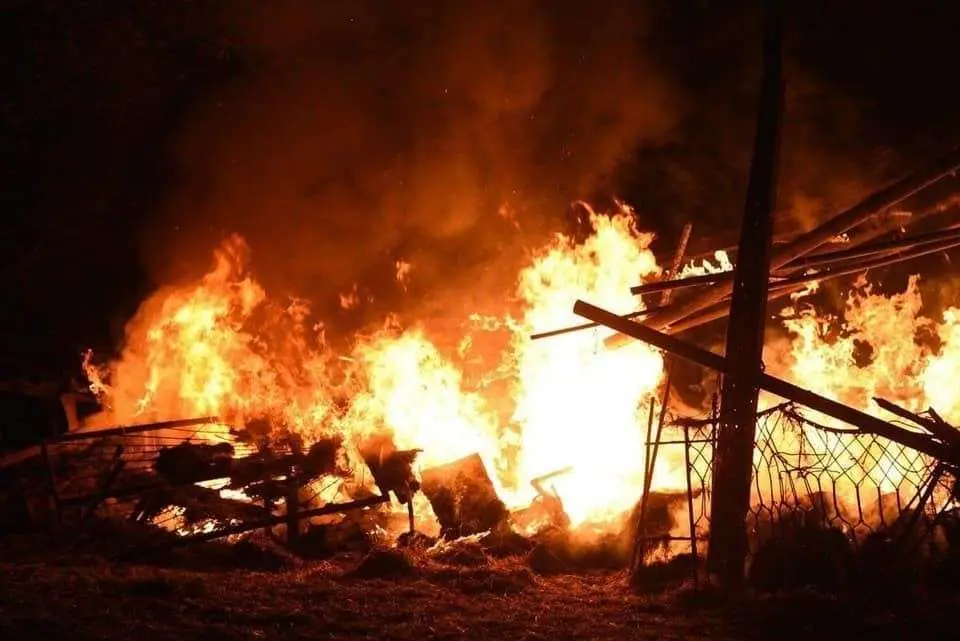The keys to the Nagorno-Karabakh conflict

The Azerbaijani dictator Ilham Aliyev launched a large-scale offensive against the Armenians of Nagorno-Karabakh (Artsaj) on 26 September.
Turkey, the author of the Armenian genocide, unconditionally supports Azerbaijan strategically, financially and militarily. This support is also materialised by recruiting and sending Jihadists, a fact confirmed by France and Russia, among others. The two countries share common ethnic, linguistic and religious origins.
As a result of the attacks in Azerbaijan, which have claimed the lives of 20 Armenian civilians, on 6 October the European Court of Human Rights adopted a precautionary measure requested by Armenia, urging Turkey and all the states involved to "refrain from any act which contributes to a breach of the European Convention on Human Rights".
Armenia, Russia and Azerbaijan agreed on a humanitarian ceasefire from 12:00 on 10 October. Azeri forces violated the ceasefire regime at 12:05, attacking Karakhanbeyli and Hadrut, as well as Teritsvank and Artsvanik in Armenia.
Artsaj, which was demographically Armenian for millennia, was arbitrarily transferred to Soviet Azerbaijan by Joseph Stalin in 1923 to gain the favours of Turkey. Following a referendum, the population of Artsaj declared independence in 1991.
The collapse of the Soviet Union provoked a military response from Azerbaijan against the civilian population of Artsaj, which finally culminated in a war that lasted from 1991 to 1994. A ceasefire was then established and the peace negotiations process began, mediated by the Minsk Group of the Organisation for Security and Cooperation in Europe (OSCE), co-chaired by Russia, France and the United States.
The Aliyev family government, which has been in power for some 50 years, is threatened by a faltering economy due to low oil prices; while Turkey has been expanding its neo-Ottoman ambitions through military actions in Iraq, Syria, Libya, Cyprus and Greece.
As a result, the two sister nations waged a new war against the people of Artsaj. Russia, which is an ally of Armenia and has a military base in this country, could get involved quickly and face a NATO ally, Turkey.
Spain, as a member of NATO, must condemn Turkey's actions and put pressure on it not to become more involved and create a regional war. The Spanish nation must urge Azerbaijan to cease military attacks against the civilian population and settlements in both Armenia and Artsaj, and call on the parties to return to the peace process under the aegis of the OSCE Minsk Group, the only legitimate and recognised international format.








